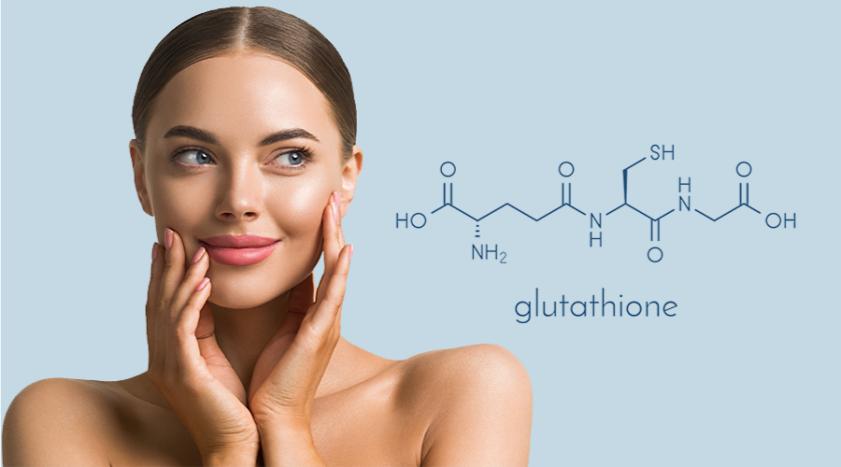What is glutathione
Glutathione is naturally produced in the body by the liver, also called GSH, where this substance is made up of three types of amino acids: cysteine, glycine, and glutamate (L-cysteine, glycine, and L-glutamate). It can also be obtained from food, as dairy products, cereals, and bread contain a small percentage of glutathione, while vegetables and fruits contain a medium percentage, and fresh meat contains a high percentage of it, in addition to its presence in many supplements. food.
Glutathione benefits
It is necessary to maintain optimal levels of glutathione in the body, due to its antioxidant effects, as its deficiency leads to many problems, such as Alzheimer’s disease, Parkinson’s disease, liver disease, cystic fibrosis, heart attacks, stroke, and diabetes. .
Glutathione contributes to building and repairing vital tissues. The ability of glutathione to stimulate the immune system, helping to treat and prevent a wide range of health conditions, including alcoholism, cataracts, high eye pressure, colitis, high cholesterol, and osteoporosis is worth noting. It is also inhaled to treat lung diseases, such as pulmonary fibrosis, and lung disease in people with HIV.
Doctors prescribe glutathione by intramuscular injection to prevent the toxic side effects of chemotherapy used in people with cancer, and it is also prescribed to treat male infertility.
Glutathione can help treat anemic cases, by injecting it into a vein for patients with kidney disease who are undergoing dialysis, in addition to its importance in improving blood flow and reducing clotting in people with atherosclerosis.

